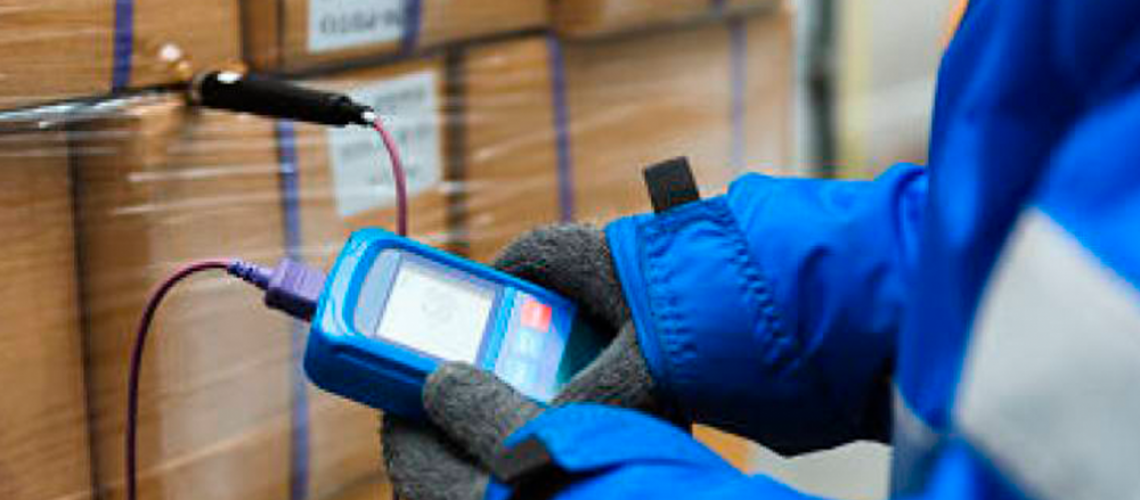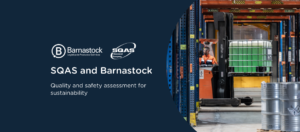Chemicals products are a very important part of our daily life. We use them to perform several tasks that may or may not be related to chemistry. What we can say, however, is that all these chemicals are similar in the sense that they all have to be dealt with and handled cautiously. If you are a start-up company, or if you are planning to start a business in which you may need to use chemical products, there are a few things you have to be aware of.
The most important thing to remember is that these products need special attention, not only when it comes to handling them, but also from a legislative point of view.
This is a wide and complex matter, but there are 5 things one absolutely has to remember.
- Every chemical is special
All chemicals have their own specifics. They do not react the same way when put in a certain environment. Their effects are not the same either, but they may share some common characteristics. Chemicals are commonly divided into nine classes: explosives, gases, flammable liquids, flammable solids, oxidizing agents, toxic substances, radioactive substances, corrosive substances and miscellaneous. This classification could help you to understand which products can be stored together and which cannot, ann this leads us to the next part. - Not all chemicals can be stored together
This point is very important. Some chemicals must be kept away from heat, some must even not remain in a sealed container. These are elements that you have to take into consideration when you will be storing your products. Thankfully, these have to be indicated on the labels of the chemicals, which makes the task easier for you. - Labels are a must
As we saw in the previous paragraph, labels can help you to understand how to handle your products. It is thus in your best interest to ensure that all your chemicals display such labels with all the information needed (name of the product, the risks and the safety measures related to the use of the chemical in question, and the manufacturer´s contact details).
Keep a clear inventory
It is necessary for you to have a complete control over your stock of chemicals. This information has to be up-to-date so that you can always know if a product is missing, or has been misplaced. This could help you minimize the risks related to the use of the chemicals you know, while enabling you to react more quickly in case of emergency. - Safety measures are not optional
We all know that being thorough with safety measures when we first arrive in a company can be boring and tedious (for the person who is explaining as well), however, it is important that all the people working in the company know how to handle the chemicals and how to react in case of an emergency. This step could prevent accidents from happening and should thus be carried out properly.
As you can see, storing chemicals is not something that should be taken lightly. There are a lot of elements that have to be taken into consideration. Safety should be your number one priority; no chances should be taken when it comes to dealing with chemicals.




